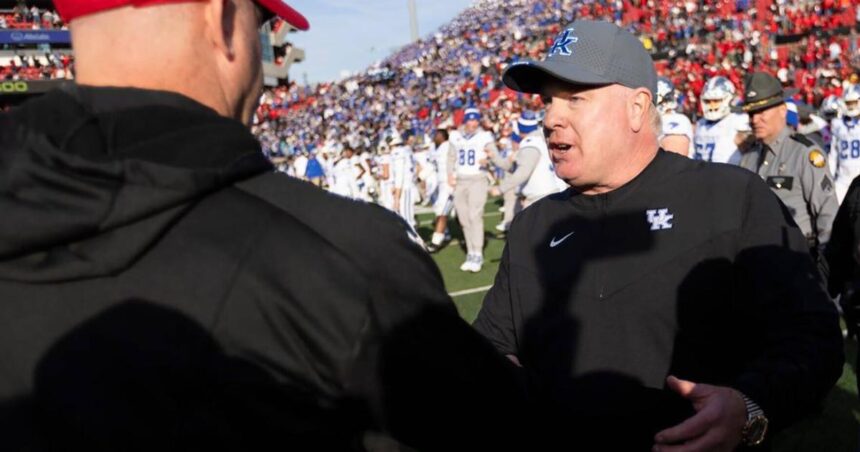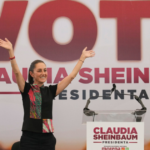LEXINGTON, Ky. — NCAA sports at the power conference level experienced a pivotal moment last week.
The specifics of the upcoming changes remain unclear.
The NCAA and major college sports conferences have agreed to settlement terms to avoid potential $4 billion damages from three antitrust suits filed by former athletes.
If accepted by U.S. District Court Judge Claudia Wilken, the settlement will provide $2.75 billion in damages to former Division I athletes who were denied the opportunity to benefit from their names, images, and likenesses.
In addition, the settlement allows college athletics departments to share approximately $22 million a year in revenue among their athletes, with payments potentially starting in the 2025-26 academic year.
People are also reading…
The implications of these changes for college sports in Kentucky are still uncertain, but some common questions will be addressed.
Who will be responsible for paying the $2.75 billion to former athletes?
According to Ross Dellenger of Yahoo Sports, the NCAA will cover 41% of the damages ($1.1 billion), while NCAA Division I schools will fund the remaining 59% ($1.65 billion).
The five power conferences (ACC, Big Ten, Big 12, Pac-12, SEC) will contribute around $664 million, while the other 27 non-power conferences will contribute approximately $990 million.
Why did the college sports hierarchy agree to pay such a significant amount upfront instead of contesting the lawsuits?
The settlement, known as the “House settlement,” will resolve three antitrust cases that the NCAA and major conferences were likely to lose in court.
These cases, brought by former athletes, challenged the restrictions on sharing broadcasting and other revenues with players, as well as limitations on education-related benefits and financial benefits beyond scholarships.
Will there be more lawsuits against the NCAA and high-level college conferences?
Currently, there is a fourth antitrust suit, Fontenot v. NCAA, that is not part of the settlement and could lead to further litigation.
The ongoing debate over amateurism rules and player compensation may spark additional legal challenges.
Why are athletes pursuing lawsuits against the NCAA on antitrust grounds?
Recent court rulings against the NCAA’s amateurism model, along with calls for fair market compensation for athletes, have fueled the legal battles.
Justice Brett Kavanaugh’s critique of amateurism has raised questions about the NCAA’s practices.
As a result, the landscape of college sports is undergoing significant changes.
How will revenue sharing impact Kentucky’s NCAA Division I schools?
Distributing revenue among athletes could pose financial challenges for universities, requiring them to reevaluate budget allocations.
For schools like UK and U of L, revenue sharing would represent a substantial portion of their athletics budgets.
Other D-I universities in Kentucky may struggle to implement revenue sharing due to budget constraints.
What are the potential consequences of sharing revenue with athletes?
Schools may need to make difficult decisions regarding budget reallocations, staff layoffs, facility upgrades, and program reductions.
The impact of revenue sharing on sports programs and overall operations remains a key consideration for universities.





